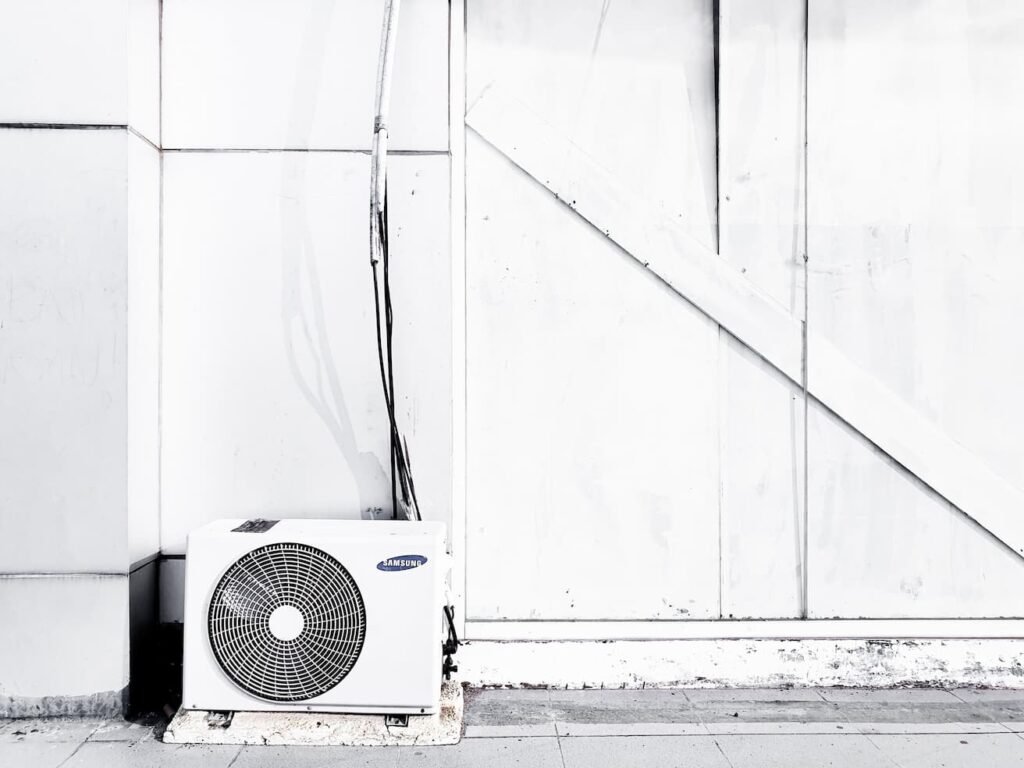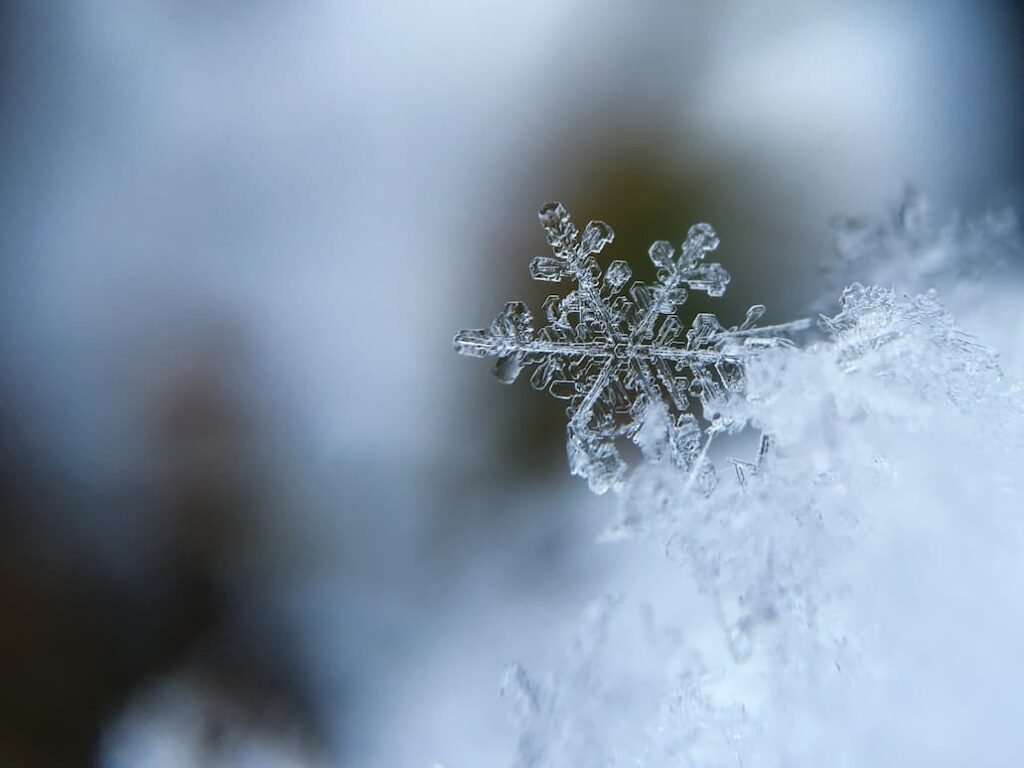When it comes to home appliances, one of the most commonly used is the electric water heater. found in most homes across the globe. Electric water heaters are available in a wide range of sizes and styles to suit the needs of any home. Here are some frequently asked questions about electric water heaters to help you make the best decision for your home.
What are the different types of electric water heaters?
There are three main types of electric water heaters: storage, tankless, and heat pump. Storage water heaters are the most common type of electric water heater. They consist of a tank of water that is heated and stored until needed. Tankless water heaters heat water on demand, meaning they don’t store water. Heat pump water heaters transfer heat from the air to the water, making them more energy efficient than other types of electric water heaters.
What are the benefits of an electric water heater?
There are several benefits of electric water heaters. They are relatively inexpensive to purchase and install. Electric water heaters are also low maintenance and easy to operate. Another benefit of electric water heaters is that they are available in a variety of sizes to suit the needs of any home.
What are the disadvantages of an electric water heater?
There are a few disadvantages of electric water heaters. They can be more expensive to operate than other types of water heaters because they use electricity to heat the water. Electric water heaters also have a shorter lifespan than other types of water heaters.
What are the different sizes of electric water heaters?
Electric water heaters are available in a variety of sizes to suit the needs of any home. The most common size is the 40-gallon electric water heater. This size is sufficient for most homes. Other sizes include 50-gallon, 75-gallon, and 100-gallon electric water heaters.
What are the different styles of electric water heaters?
Electric water heaters are available in a variety of styles to suit the needs of any home. The most common style is the traditional storage water heater. These water heaters have a tank of water that is heated and stored until needed. Other styles include tankless, heat pump, and solar water heaters.
What are the different features of electric water heaters?
Electric water heaters come with a variety of features to suit the needs of any home. The most common feature is a thermostat that allows you to set the temperature of the water. Other features include a timer, a vacation mode, and a self-cleaning function.
What are the different brands of electric water heaters?
There are several different brands of electric water heaters. The most common brands are Rheem, Kenmore, and GE. Other brands include Bradford White, A.O. Smith, and State.
What are the different prices of electric water heaters?
Electric water heaters range in price depending on the size, style, and features. The average cost of an electric water heater is $500.
What is the best type of electric water heater for my home?
The best type of electric water heater for your home depends on your individual needs. If you have a small home, a tankless water heater might be the best option. If you have a large home, a heat pump water heater might be the best option.
How do I choose the right size electric water heater for my home?
The right size electric water heater for your home depends on the number of people in your household and the amount of water you use. A 40-gallon electric water heater is sufficient for most homes. If you have a large household or you use a lot of water, you might need a larger water heater.
How do I choose the right style of electric water heater for my home?
The right style of electric water heater for your home depends on your individual needs. If you have a small home, a tankless water heater might be the best option. If you have a large home, a heat pump water heater might be the best option.
What are the different maintenance requirements for electric water heaters?
Electric water heaters require very little maintenance. You should periodically check the temperature of the water and the pressure of the tank. You should also flush the tank every few years to remove any sediment that has collected.


